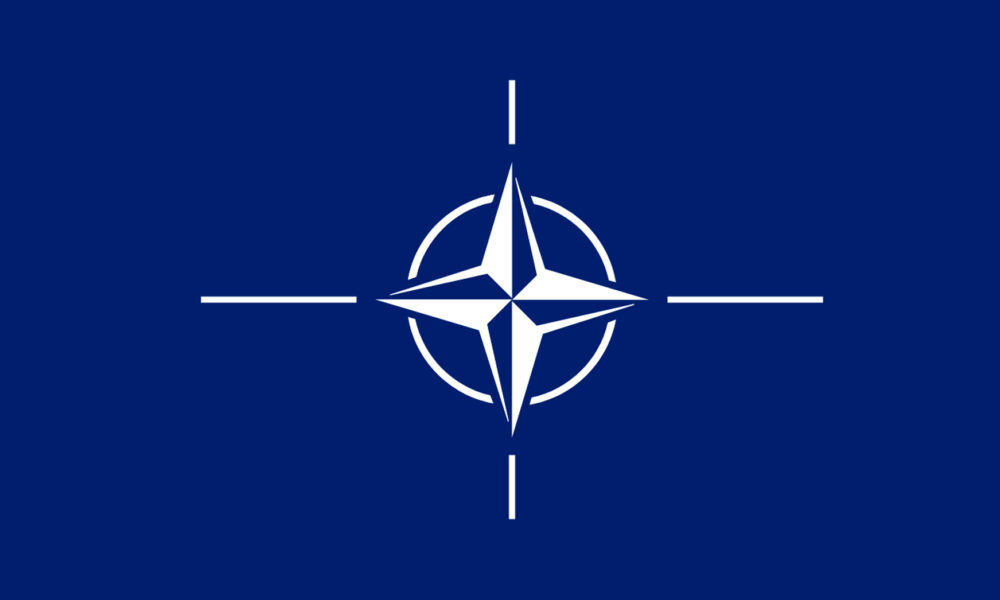NATO leaders held their first summit with U.S. President Joe Biden on Monday, aiming to repair transatlantic ties after his predecessor Donald Trump said the Western military alliance was “obsolete.”
Here are five key decisions leaders took in Brussels:
- NATO leaders branded China as a security risk to the Western alliance, designating the country as presenting a “systemic” challenge. It was a diplomatic victory for Biden who has urged fellow leaders to stand up to Beijing’s authoritarianism and growing military might. “China’s stated ambitions and assertive behavior present systemic challenges to the rules based international order and to areas relevant to alliance security,” NATO leaders said in a communique after their summit.
- Biden renewed Washington’s commitment to the collective defense of the 30 allies in NATO after his predecessor Donald Trump shocked allies by calling NATO obsolete and suggesting in 2018 that the United States withdraw its membership. The alliance’s mutual defense pact was a “sacred obligation” for the United States, Biden underscored. “I want all Europe to know that the United States is there,” he added. “NATO is critically important to us.”
- NATO leaders approved strategic proposals, known as NATO 2030, to reform the alliance. These include: more political consultations in a post-Cold War, multipolar world; a plan to work on an updated master planning document, which is to include China’s rise for the first time; and focusing on emerging, disruptive technologies.
- NATO leaders agreed a climate action plan to help mitigate climate change, seen as a threat multiplier that impacts the alliance’s security. The alliance is aiming to increase its awareness, adaptation and mitigation regarding climate change. To adapt to climate change, NATO will also incorporate climate change considerations into its full spectrum of work, ranging from defense planning and capability development to civil preparedness and exercises, according to the communique.
- Leaders recommitted to a pledge to spend at least 2% of their economic output on defense by 2024. As part of NATO’s 2030 reform program, leaders also agreed to increase joint funding for all three common budgets at the alliance, NATO Secretary-General Jens Stoltenberg said, overcoming French concerns about diverting funds away from national priorities. Stoltenberg proposed in February that allies put more money directly into existing, albeit small common budgets, rather than rely on the current system that each government pays for its own military operations.
